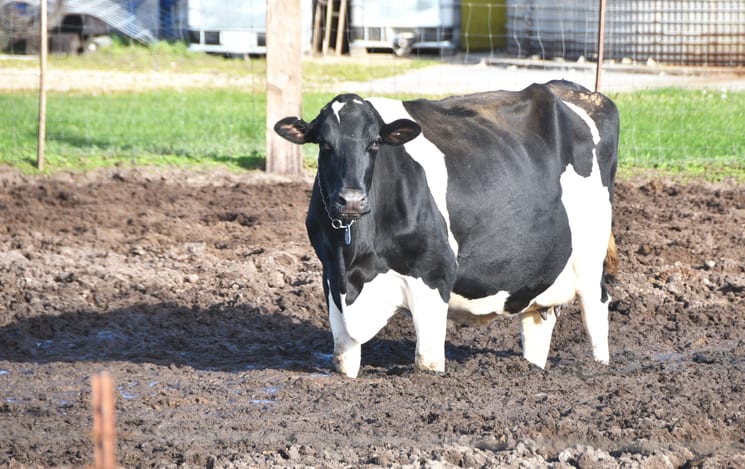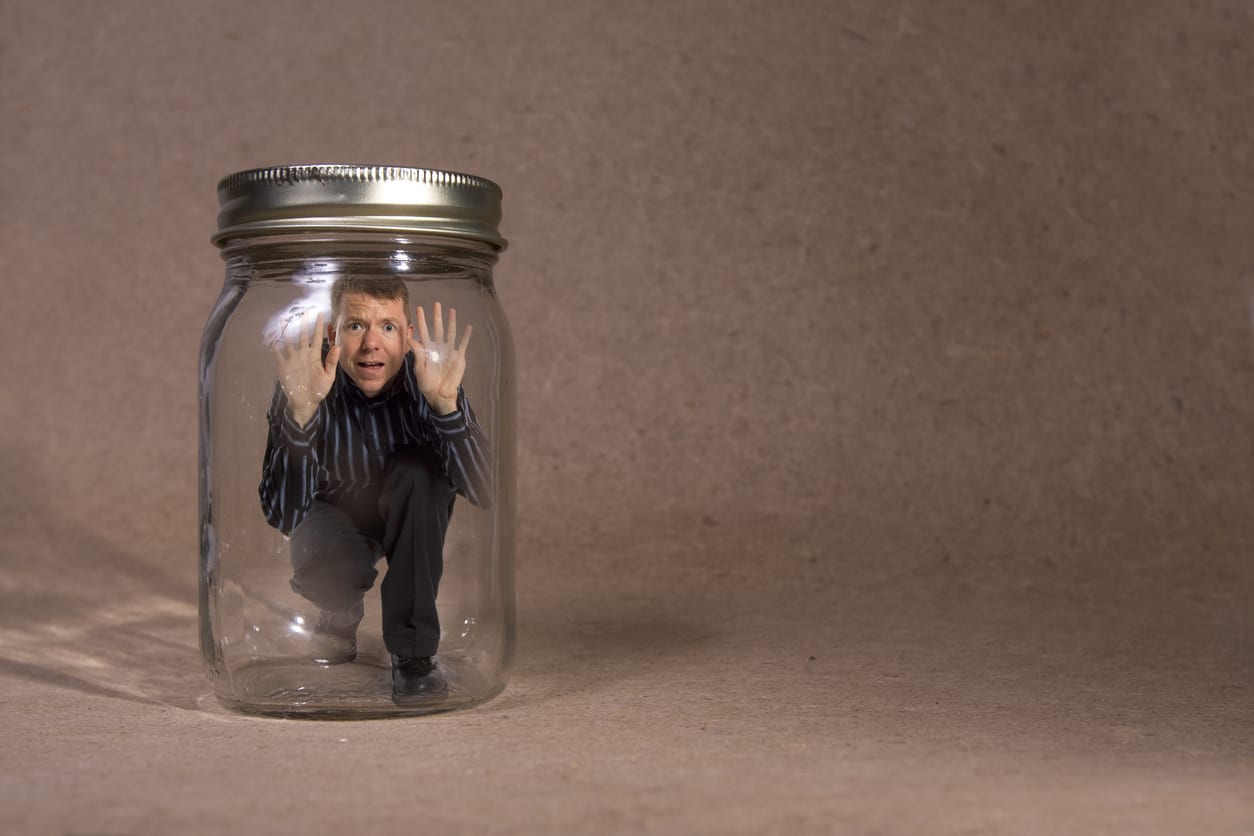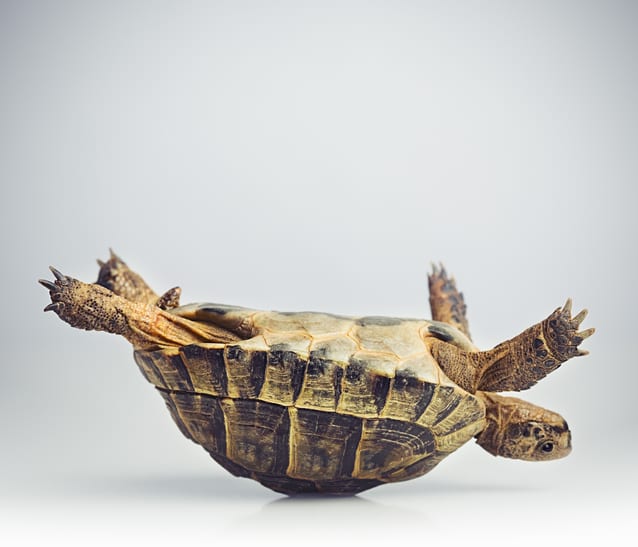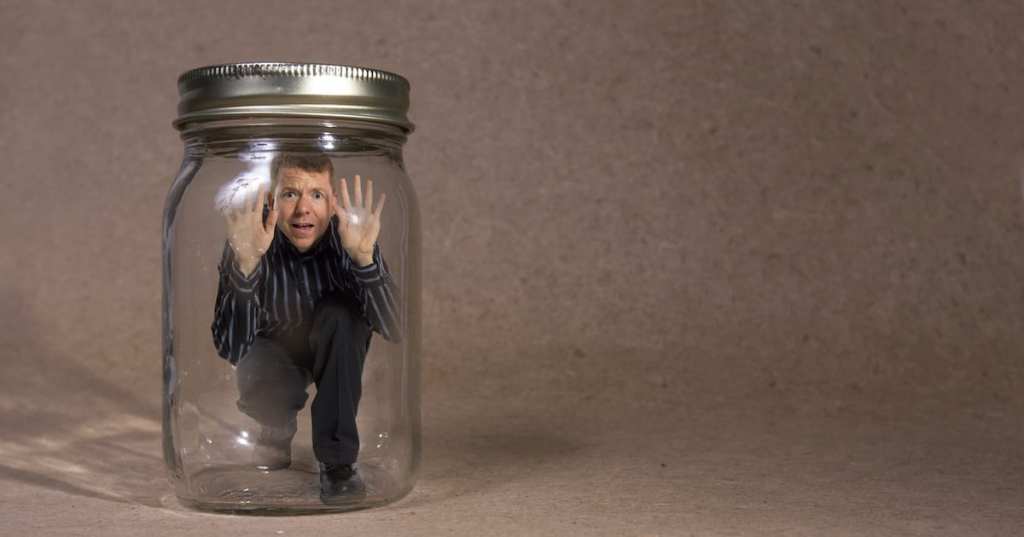Trending Now
“That’s a pickle!”
“You’re really in a pickle!”
English has some strange idioms, doesn’t it? I mean, all languages do, but this one – about someone in a tough spot being “in a pickle” is really hard to pin down.

Image Credit: iStock
The saying is pretty old, actually, with the earliest known reference coming in 1562.
“Man is brickell. Freilties pickell. Poudreth mickell. Seasonyng lickell.”
The author, John Heywood, is saying that man is brittle (frail), and that frailties pickle (or keep, like a pickled food).
The Oxford English Dictionary admits that first reference could be dismissed, but thinks that this John Fox quote from 1585 is closer to how we use the phrase today.
“In this pickle lyeth man by nature, that is, all wee that be Adams children.”
By nature, humans are in a pickle, which idk, feels particularly applicable in 2020.

Image Credit: iStock
In 1711, author Richard Steele used the phrase, saying “I am ashamed to be caught in this pickle.”
Shakespeare employed the phrase in The Tempest (my favorite!) when he said “How cam’st thou in this pickle / I have bin in such a pickle since I saw you last.”

Image Credit: iStock
Shakespeare was using it to mean “drunk,” which makes sense since you preserve things in alcohol, and you “pickle” vegetables in vinegar.
In England, the “pickle” is sometimes chopped-up into a condiment that Americans call “relish,” and being chopped up might be how the meaning of “in a mess” or “in trouble” came to be.

Image Credit: iStock
One thing is for sure, though – English speakers have been using the idea of pickled vegetables to covey some kind of trouble for hundreds of years.
Use away, I say. It’s a nod to our ancestors and it’s kind of kitschy.
Double win.






